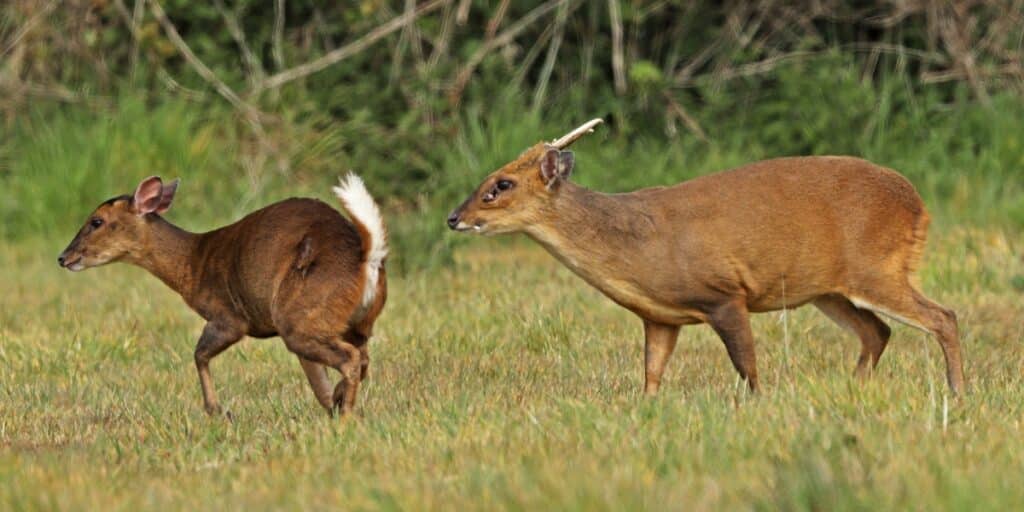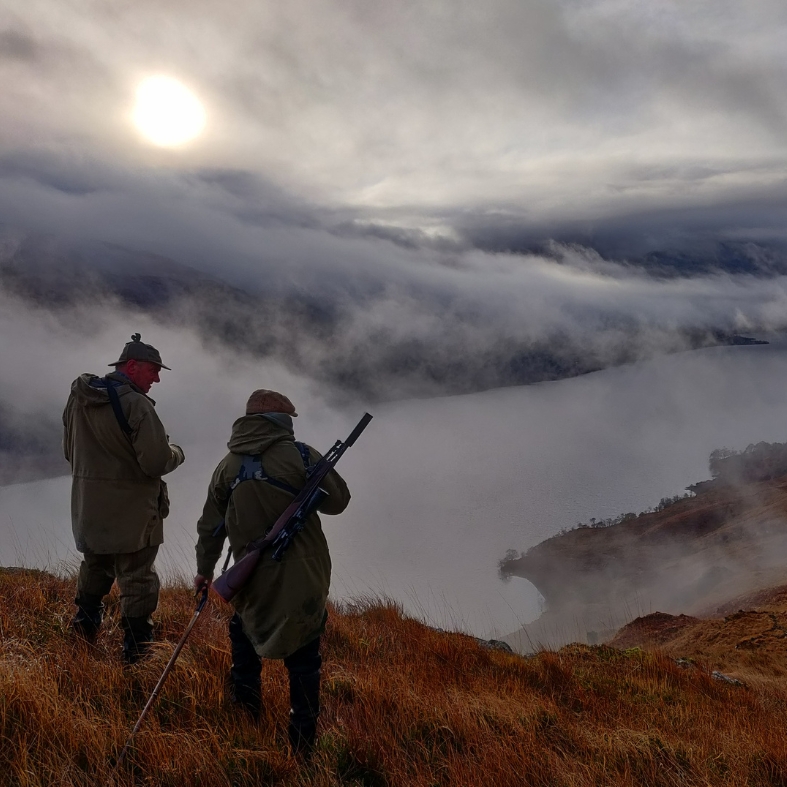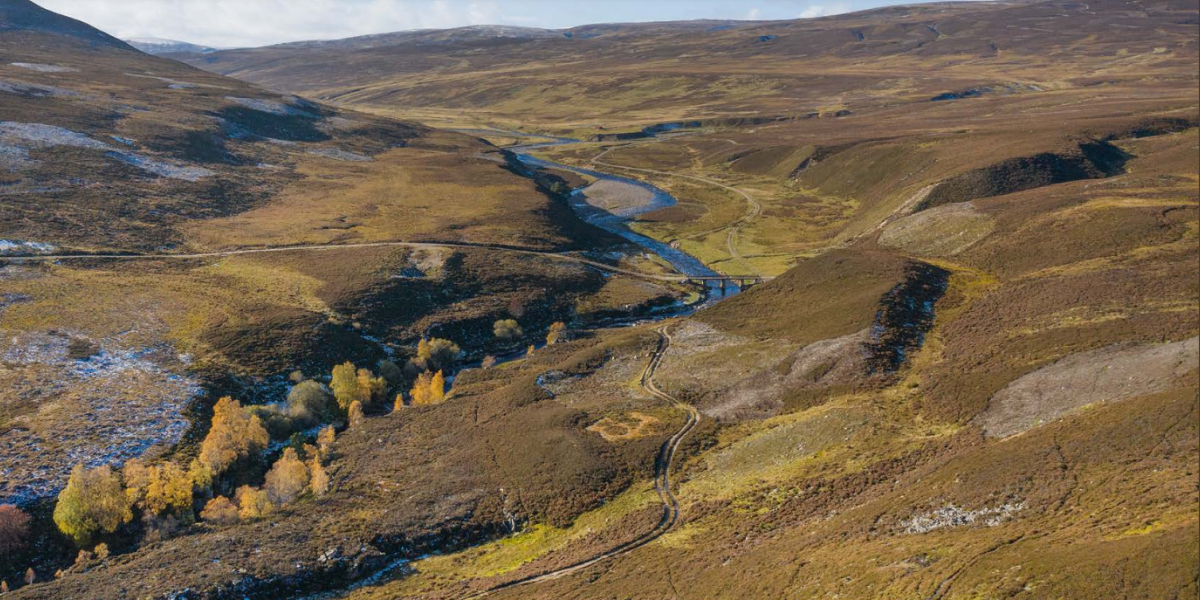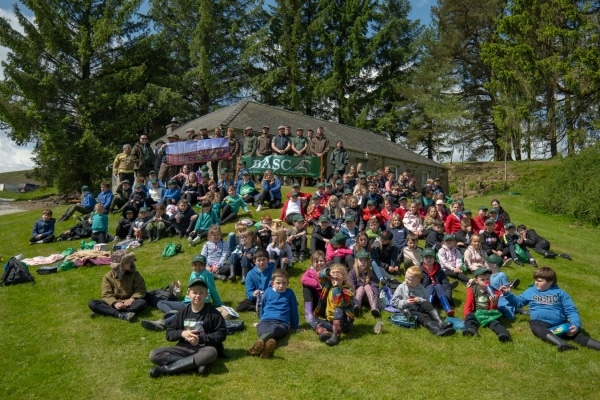
Invasive non-native deer species in the UK
BASC deer advisor James Sutcliffe looks at two of the most destructive invasive non-native deer species which have made our isles their home.
Get information on the legal shooting season for mammals and birds in the UK.
Apply for funding for your project or make a donation today
Comprehensive information and advice from our specialist firearms team.
Everything you need to know about shotgun, rifle and airgun ammunition.
Find our up-to-date information, advice and links to government resources.
Everything you need to know on firearms law and licensing.
All the latest news and advice on general licences and how they affect you.


“A haunting echo of the past Highland Clearances”; BASC’s Mike Montgomery reviews The Last Keeper, the feature-length documentary released earlier this year.
For centuries, the highlands of Scotland have been the subject of controversy over land use, with sporting estates – covering 17 per cent of rural landscapes – at the heart of the debate. Traditional management of the uplands for deer stalking and grouse shooting now faces unprecedented threats from several directions.
The Last Keeper, a documentary by Tom Opre, delves into the complex land use conflicts in the highlands, focusing on the sporting estates. The film examines tensions between gamekeepers and rural communities – who depend on these lands for their livelihoods – and climate activists advocating for rewilding and land reform.
Opre, a Montana-based hunter and conservationist, frames the conflict as a reflection of Scotland’s historical land struggles, where economic, environmental, and class issues collide with the survival of traditional ways of life.
Opre, who previously produced Killing the Shepherd, a documentary about a rural Zambian community, toured Scotland extensively while filming The Last Keeper. He turned his spotlight on the scientific, economic, political, and class aspects of the debate, capturing the broad spectrum of viewpoints surrounding these contentious land-use issues.
But The Last Keeper is no simple polemic. It contrasts the perspectives of the landed gentry, gamekeepers, ghillies and rural communities, with those of climate activists, rewilders and political reformers who want to reshape the way land is owned and managed. The film gives all sides a chance to voice their opinions against the backdrop of Scotland’s stunning landscapes.

A central story in the film comes from the Kinrara Estate, which was bought by the Brewdog beer company. After the purchase, gamekeepers and ghillies were removed, and the land was turned over to planting conifers.
Another point of focus is the John Muir Trust, an environmental charity. The Trust has been accused of “species genocide” for culling red deer on the Assynt Peninsula out of season, with hundreds of deer left to rot while traditional stalkers lose their livelihoods.
These actions are framed as part of a broader movement where corporate businesses are purchasing large tracts of land to bank carbon credits, a “green rush” encouraged by the Scottish Government which wants to break up traditional sporting estates.
For many in the rural Highlands, these changes are existential threats. Gamekeepers, their families, and the businesses that rely on sporting tourism are increasingly concerned for their futures as rising land prices and restrictive legislation push traditional rural businesses to the margins.
The film’s title refers to Alex Jenkins, a gamekeeper on an estate in the Eastern Highlands. His personal journey provides an intimate look into the life of a contemporary land manager, dealing with pressures from regulatory scrutiny and a rapidly changing landscape. One of the film’s most poignant moments is when Alex and his family pack up their belongings to move to the Orkney isles, forced out by the mounting difficulties of staying in their profession.
Tom Opre says: “Scotland’s history is romanticised for centuries of bloody feuds, warfare and forced displacement. In the glens today, unfinished business is fuelled by modern agendas: well-meaning rewilders, urban land reformers, and distant corporates plundering carbon markets.
“Like a haunting echo of the past Highland Clearances, indigenous communities are increasingly seen as an inconvenience by the urban political class and their vision of progress. The targets are not just individuals but entire ways of life; farmers, gamekeepers, ghillies and deer stalkers whose families have toiled the land for generations.”
A onetime member of BASC’s Scottish committee and former chair of Country Sports Scotland, the GWCT’s Rory Kennedy was associate producer on the film.
He said: “This film is one of the biggest coups our community has landed in years and needs wider promotion in the mainstream media. The fact it’s not funded by the sector and includes engagement from the other side of the debate ensures it can’t be dismissed as just propaganda.”
Ultimately, The Last Keeper offers a compelling and balanced view of a highly charged debate, raising important questions about the future of Scotland’s land, its wildlife, and the communities who live and work on it.
You can watch the The Last Keeper now on Amazon Prime Video – find out more here.


BASC deer advisor James Sutcliffe looks at two of the most destructive invasive non-native deer species which have made our isles their home.

A petition to ban driven grouse shooting was roundly rejected in a Westminster Hall debate yesterday evening.

BASC provided £15,000 of sponsorship from its Legacy Fund this year to ‘Estates that Educate’, run by Scotland’s Regional Moorland Groups.